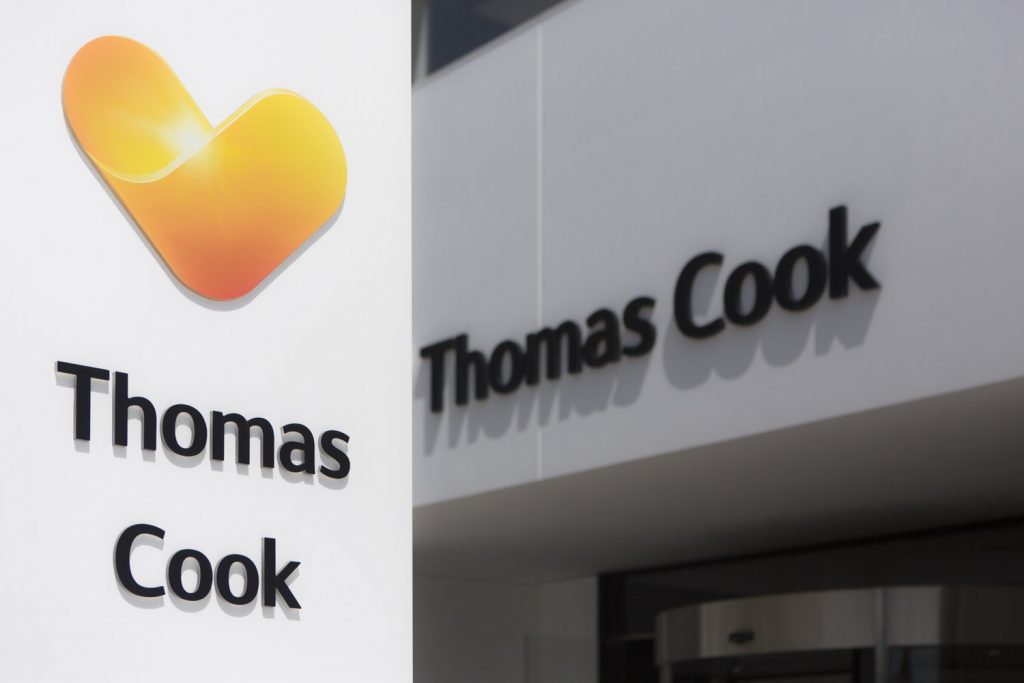Thomas Cook Tries to Stem the Bleeding After $1.9 Billion Loss

Skift Take
Announcing such a big loss is not a good look for any company, but Thomas Cook management will be hoping they've got all of the bad news out at once and use some breathing space to shore things up.
The bad news for Thomas Cook just keeps on coming with the embattled European tour operator announcing a huge half-year loss of $1.9 billion (£1.5 billion) and warning of more trouble ahead.
A huge goodwill write-down of $1.4 billion (£1.1 billion) relating to a 12-year-old merger makes the results look a lot worse than they actually are but the market remains “challenging” with an “uncertain consumer environment” and rising hotel and fuel costs.
"There is no doubt we are operati
